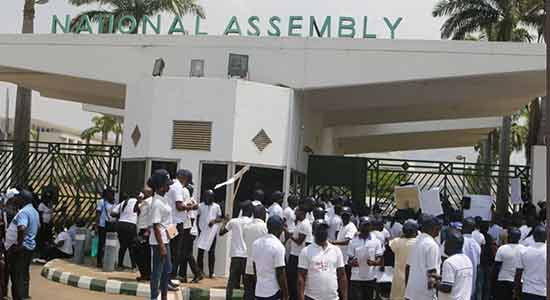The national leadership of the Parliamentary Staff Association of Nigeria (PASAN) has declared an indefinite strike across the 36 states and the Federal Capital Territory (FCT).
At a press briefing on Monday in Abuja, PASAN National President, Usman Mohammed, directed members of the union to embark on industrial action from Tuesday morning.
He explained that directive became necessary following the unwillingness of the Federal Government to implement the Financial Autonomy Act of 2018 and Presidential Order 10.
Mohammed, who noted that the union had explored all available options to avert the strike, decried that their efforts had yet to yield any positive result.
READ ASLO: How To Apply, Qualify For Lagos State Local Scholarship Award
“The union having exhausted all attempts aimed at asking for the implementation of the financial autonomy by the Federal Government after 21 days, 14 days and seven days ultimatums; at this juncture, the union has no other option than to direct our members to embark on an indefinite strike,” he said.
According to the PASAN president, the union has been magnanimous by allowing ample time in the last two years for the government, through the Presidential Implementation Committee on Financial Autonomy for State Judiciary and Legislature, to implement the provisions of the Constitution.
He added that members of the union have run out of patience and have resolved to put an end to further delays to the implementation of the Financial Autonomy Act.
The parliamentary workers say the industrial action will be indefinite.
“The union will, consequently, commence strike action on the morning of Tuesday, March 23, 2021, until full implementation of the letters of our constitution, as provided in section 121 (3) of the 1999 constitution of the Federal Republic of Nigeria (as amended) and Presidential Order 10,2020,” Mohammed stated.
The parliamentary workers downed tools two weeks after they staged a protest at the gate of the National Assembly in Abuja.
During the demonstration held on March 9, they had threatened to continue the protest and occupy all State Houses of Assembly if their demands were not met.
The workers had also called on the members of the National Assembly to take the necessary steps to ensure the implementation of financial autonomy for the judiciary.













